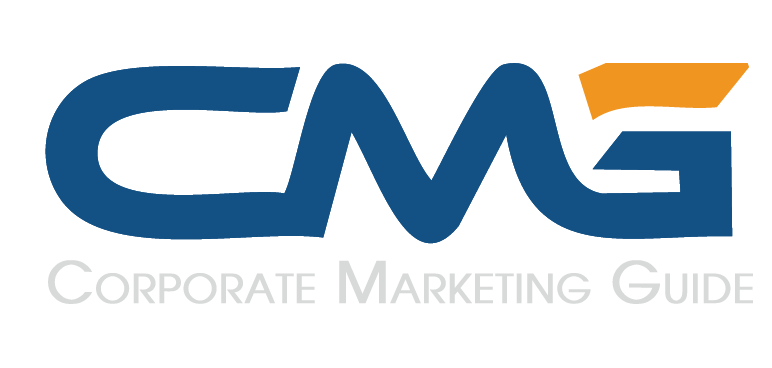A career coach could be a rewarding and impactful path in today’s rapidly evolving job landscape. You can guide job seekers as they switch careers or help them find their dream job and have clear career aspirations.
To become a career coach, you must undergo lots of learning and on-the-job experience. Here are the important steps to be the coach you’ve always envisioned yourself as.
1. Understand What Career Coaching Is
Before you head into programs and certifications or learn how to become a career coach, you need to know what career coaching really is. It helps clients to:
- Identify their career goals
- Create an actionable job search strategy
- Adjust to career changes or career development
- Enhance resume writing and interviewing skills
- Be clear with their professional goals
Career coaching takes a different approach from therapy or life coaching—it focuses on solutions and the future. It often uses practical tools to support job search success and career transitions.
2. Assess Your Readiness and Prior Experience
Strong interpersonal and communication skills are important in the coaching field. With a little professional experience and a desire to help other people, you can have some leverage.
Ask yourself these questions:
- Do I like to mentor or guide friends or former colleagues?
- Do I have real-world experience in human resources (HR), hiring, or workforce development?
- Have I navigated my career changes well?
Most coaches have backgrounds in business, HR, and recruitment. Some of them may even be resume writers before.
3. Choose the Right Coaching Certification Program
Coaching practice needs credibility. If you want to be a certified career coach, sign up for a comprehensive program that aligns with your goals.
The popular career coach certification programs are:
- Associate Certified Coach and Master Certified Coach credentials from the International Coaching Federation
- Certified Professional Career Coach
- Board Certified Coach
- National Career Development Association-approved training programs
- NACE Coaching Certification Program, offered by the National Association of Colleges and Employers
Look for a program that offers:
- A comprehensive training curriculum, from the basics of coaching to the most advanced topics
- Exposure to real-world coaching scenarios
- Ongoing mentoring and support
- Instruction in coaching frameworks
- Active listening, constructive feedback, and emotional intelligence
Other online courses let you study at your own pace, which is especially helpful if you’re juggling work and coaching classes.
4. Gain Coaching Experience
If you want to qualify for designations like Professional Certified Coach, you need to hone your coaching skills and document your coaching time. You can start gaining coaching experience by:
- Offering free or discounted sessions to job seekers and friends
- Volunteering with nonprofit organizations
- Partnering with local career centers and colleges
- Joining a professional association to gain referrals from other coaches, connect with mentors, and potential clients
These experiences are your building blocks for your skillset and confidence.
5. Build Your Coaching Practice or Join a Firm
With your skills, you can launch your own practice as a certified coach, join a platform or organization, and work in a corporation as an internal career coach.
Build the coaching practice by:
- Defining your niche, such as job seekers, early-career professionals, or executives
- Build a website and online presence using social media
- Connect with HR professionals and resume writers
- Develop job strategy workshops
- Collect testimonials from early coaches
Successful career coaches usually achieve career success by combining one-on-one sessions, online group coaching, and the creation of downloadable resources.
6. Continue Professional Development
The best career coaches always commit to learning. Don’t stop at getting your certification process. Here’s how you can keep learning:
- Attend summits, workshops, and training programs to improve your skills.
- Take advanced coaching skills in niche areas, such as leadership development and career transitions.
- Stay updated on job market trends.
Being committed to growth keeps your coaching practice updated and makes clients confident in your expertise.
7. Understand the Business Side of Coaching
Since coaching is also a business, you’re not just a coach. You’re also a marketer, strategist, and administrator. Here’s how you can stay afloat in your coaching business:
- Price your services well, so that clients can afford and sustain your business in the long run.
- Attract new clients online with your online presence and through referrals later on.
- Manage your calendar and client communication by using top productivity tools for a smooth coaching career.
- Incorporate real-world experience into your coaching sessions for a more realistic perception.
Benefits of Becoming a Career Coach
These are some of the reasons why some professionals are switching gears to career coaching:
- It’s a rewarding profession that lets you help clients find their path.
- You have the freedom to build your own business and work however you want to.
- Coaching is a flexible career that fits your lifestyle.
- Opportunities in coaching can expand into writing, speaking, or creating online courses.
- Coaching can give you competitive earnings.
Coaching is a fulfilling path, whether you’re doing it full-time or part-time.
Final Thoughts
Becoming a certified career coach is a long journey. It combines your personal experience, professional qualifications, coaching skills, and a burning passion for helping people succeed in their careers. The right training program and coaching mentorship can make you a successful coach who makes an impact on other people’s lives, both personally and professionally.
Also Read: The Hidden Power of Appreciation: Why Employee Recognition Still Matters



